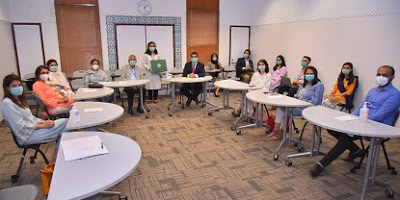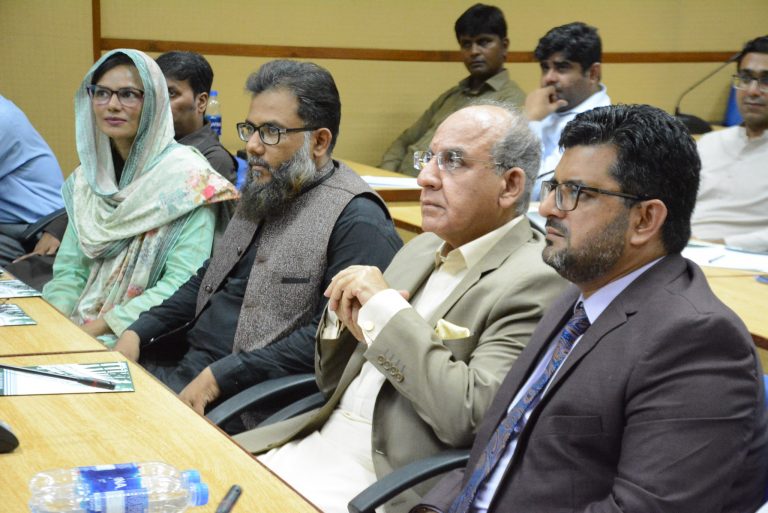By Abdul Qadir Qureshi
(Pakistan News & Features Services)
Lady health workers in Badin will provide mental health services at the doorstep of communities as part of a pilot study launched by researchers from the Aga Khan University (AKU). Badin has the second-highest suicide rate in the province, according to a 2021 report by the Sindh Mental Health Authority.
Access to mental healthcare is a major challenge for people in rural parts of the district and treatment is often avoided due to the stigma attached. Mental health practitioners are not available locally and accessing care from much-needed psychiatrists and psychologists requires travel to hospitals in mega cities like Hyderabad and Karachi.
The first phase of the study will involve cases of anxiety and depression being identified through a survey of households in Badin. The lady workers and supervisors will subsequently receive training in community mental health modules under the World Health Organizations Mental Health Gap intervention guide which has been specifically designed for use in non-specialized health settings.
This study will provide an innovative technological solution to provide community based mental health services through frontline healthcare workers. Very few studies have described the burden of mental health problems in Pakistan. This will be a pioneering study to establish estimates of anxiety and depression at the population level in a rural setting, Professor Fauziah Rabbani, the projects principal investigator, revealed.
Even though Pakistan is facing a rising burden of non-communicable diseases, mental health continues to be a neglected and overlooked area. Our study seeks to integrate mental health services into essential primary healthcare packages and will generate evidence on whether frontline healthcare workers can effectively improve the mental health of vulnerable communities, it was added.
Following the intervention, researchers will evaluate changes in participants depression and anxiety scores, and assess changes in the knowledge and skills of health workers in treating mental health issues. A series of interviews and focus groups with stakeholders across the system will also be held to identify factors that can facilitate or hinder the potential scale-up of the intervention to other provinces.
The study, which has been endorsed by the Sindh government, is being conducted by faculty at Aga Khan Universitys department of community health sciences in collaboration with the Universitys Brain and Mind Institute. Its objectives are in line with targets under goal 3 of the sustainable development goals, Good Health and Wellbeing, which call for special efforts to promote mental health and wellbeing.
The project builds on the successes of the AKUs WHO funded NIGRAAN and Bill and Melinda Gates Foundation-sponsored Umeed-e-Nau NIGRAAN Plus projects in Badin and Mirpurkhas respectively which improved the ability of lady health workers to diagnose and treat cases of pneumonia and diarrhoea, and enhanced the supervisory skills of lady health supervisers.


















